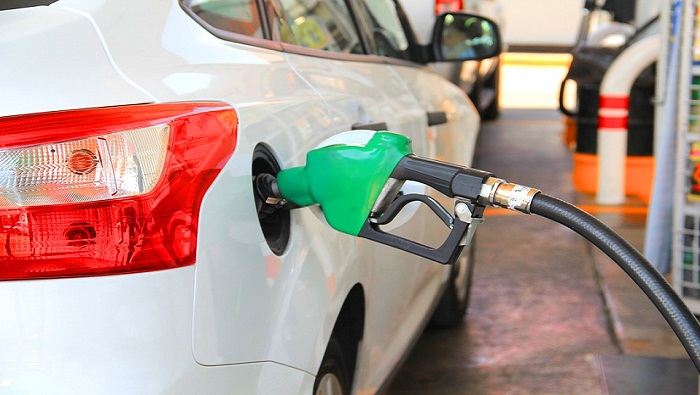
Muscat: Oman’s Ministry of Commerce and Industry has said that the ministerial decision about the national standard specifications for vehicle fuels of vehicles and unleaded gasoline, will come into effect from July 21, 2019.
This is to take into account the GSO standard for unleaded gasoline, which will be effective on July 21, 2019. The announcement about the implementation of this decision was made six months ago on January 20, 2019.
Hiba bint Yasir bin Saud Al Mazrouiya, a chemical product specification expert in the Directorate General of Standards and Metrology, pointed said that these standard specifications detailed the requirements for unleaded gasoline for engines designed to operate with such fuel.
It is a volatile hydrocarbon mixture. In general, it has a small amount of additives and is lead-free. It can be used as fuel in combustion engines, motors and aeroplane engines.
“The unleaded gasoline is classified according to the octane number to excellent which has octane 95 and normal gasoline which has octane 91,” she said. “High octane gasoline can be also produced up to 98”
The standard specifications for unleaded gasoline was approved by the ministerial order number 205/2018, which was prepared to upgrade the local technical specifications of gasoline, as well as to meet the requirements of the new models of vehicles launched in 2018. This was also to match it with the specifications of fuel across the world.
She said that the international specifications were to keep pace with the continuous upgradation of the gasoline which took place between 2004 and 2012 to improve the quality of the gasoline. There is no doubt that the Omani standard specifications of unleaded gasoline matches with European standards in requirements regarding the terms of the proportion of sulphur that is supposed to be in the gasoline.
Hiba Al Mazrouiya said that the standard specifications included the complementary references to the methods of testing which can help in indicating the correct proportions of the components of gasoline. There are international references accredited by international and regional organisations. The specification also talks about the chemical and physical requirements of gasoline such as the limits on octane numbers and allowed limits of heavy metals such as lead, manganese, sulphur and iron etc. It also talks about other requirements such as colour, evaporation pressure and the corrosion rate of copper, where applicable.